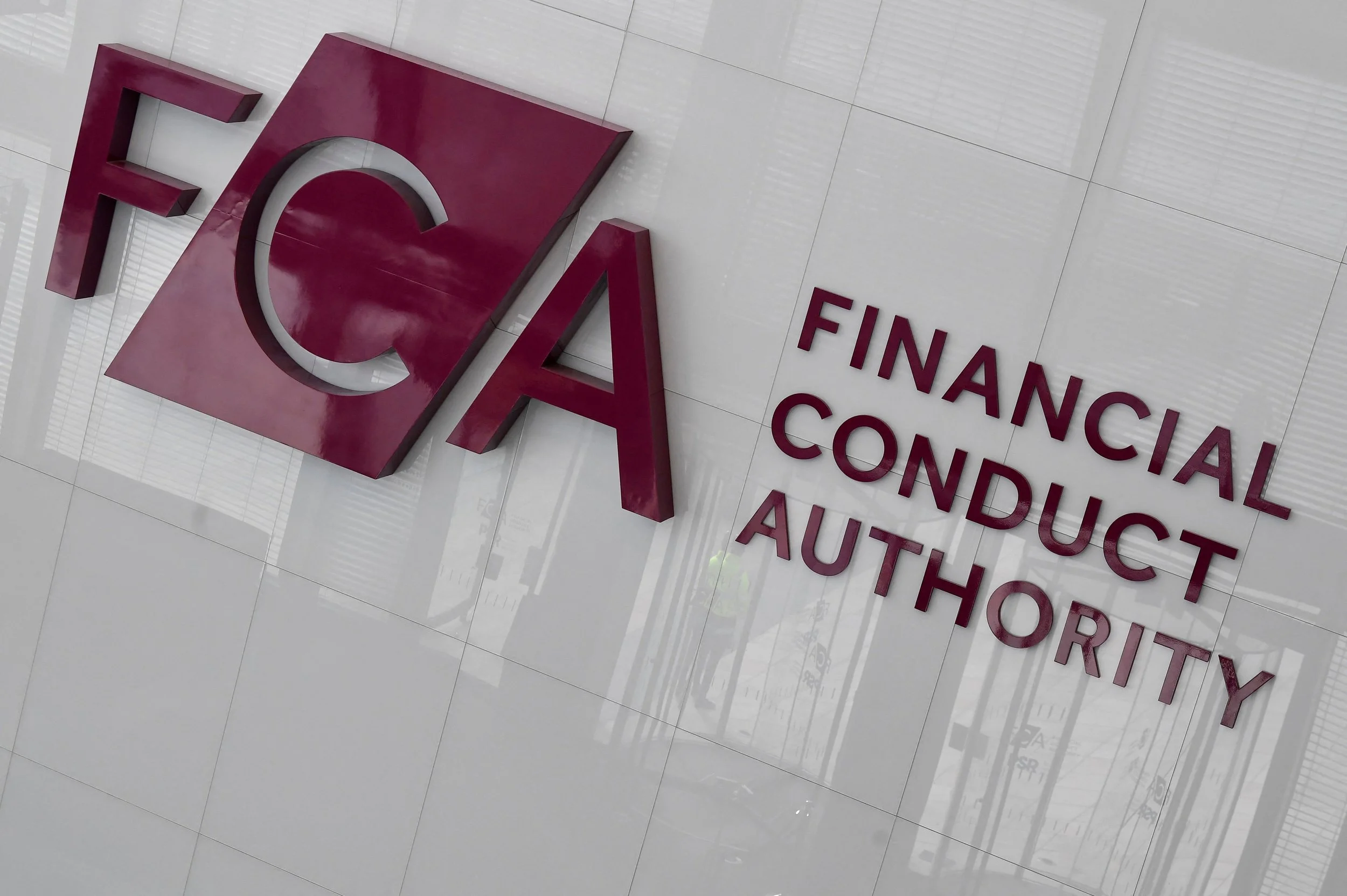
Sustainability and ESG News
UK Firms Embrace Sustainability Reporting as a Catalyst for Innovation
A recent survey by Osapiens reveals a compelling shift in the UK business landscape: sustainability reporting is no longer just a compliance checkbox, it’s becoming a strategic driver of innovation. With nearly 70% of UK firms supporting mandatory sustainability disclosures and over two-thirds viewing it as a competitive advantage, the ESG tide is clearly turning.
Catalyzing Innovation for Resilient Agriculture
As climate change intensifies and global food systems face mounting pressure, the International Finance Corporation (IFC) has released a compelling report titled Catalyzing Innovation: Scaling Solutions for Resilient Agriculture. This piece dives into how public-private partnerships and agri-tech innovations are reshaping the future of sustainable farming. The report outlines a roadmap for scaling technologies that not only boost productivity but also reduce environmental impact.
China’s Bold Leap Toward a Low-Carbon Future
On August 25, 2025, China released a new guideline aimed at accelerating its green and low-carbon transition. Jointly issued by the General Office of the Communist Party of China Central Committee and the General Office of the State Council, the policy outlines a roadmap to expand and strengthen the national carbon trading market, with ambitious targets set for 2027 and 2030.
Bloomberg Survey: Investors Eye Climate as a Revenue Driver
A recent Bloomberg Intelligence (BI) survey reveals a strong investor appetite for ESG and climate-focused strategies, with nearly 85% of respondents expecting growth in assets under management (AUM) over the next two years. The findings underscore a shift in perception: ESG is no longer just a compliance checkbox, it’s becoming a core driver of competitiveness and revenue.
The Philippines Unveils New Carbon Credit Policy
The Philippine Department of Energy (DOE) has announced a transformative Carbon Credit Policy aimed at unlocking both economic and environmental benefits for the country’s energy sector. The initiative is designed to reduce emissions, attract clean energy investments, and align with global climate commitments, particularly the Paris Agreement. With a public consultation underway, the DOE is rallying stakeholders to shape a transparent and inclusive framework that could redefine how carbon credits are generated and traded in the Philippines.
FCA Insights: Sustainability-Linked Loans Market Shows Signs of Maturity
The UK’s Financial Conduct Authority (FCA) has released a two-year review of the sustainability-linked loans (SLLs) market, highlighting notable progress in product integrity and governance. While challenges remain, the FCA sees encouraging signs that the market is evolving into a credible tool for transition finance.
Seaspan and Anew Climate Launch West Coast’s First Certified Renewable LNG Marine Fuel Program
On August 11, 2025, Seaspan Energy and Anew Climate announced a groundbreaking partnership to supply ISCC-certified renewable liquefied natural gas (R‑LNG) to shipowners along the North American West Coast.
PRI Launches Framework to Turn Sustainability into Value
The Principles for Responsible Investment (PRI) has launched a major initiative aimed at transforming how private market investors think about sustainability, not as a cost center, but as a source of measurable value. The newly published Sustainability Value Creation (SVC) guide introduces a comprehensive framework for integrating sustainability across the investment process to enhance financial returns.
Created in partnership with Bain & Company and NYU Stern Center for Sustainable Business, and informed by over 400 private market investors globally, the guide is a milestone in PRI’s ongoing effort to move ESG from policy to performance.
EFRAG Unveils Streamlined ESRS Drafts for Public Review
EFRAG (European Financial Reporting Advisory Group) has released revised Exposure Drafts of the European Sustainability Reporting Standards (ESRS), launching a 60-day public consultation. These standards aim to reduce complexity while maintaining alignment with the European Green Deal and the Corporate Sustainability Reporting Directive (CSRD).
Unlocking $1.3 Trillion: How the Net-Zero Asset Owner Alliance Is Reshaping Climate Finance
The Net‑Zero Asset Owner Alliance (NZAOA) is a UN‑convened coalition of institutional investors managing around US $9.2 trillion in assets. NZAOA has recently unveiled a strategic roadmap to help mobilize $1.3 trillion in annual private climate finance by 2035.
IFRS Publishes Near‑Final Climate‑Related Uncertainty Examples
On July 24, the International Financial Reporting Standards (IFRS) Foundation released near-final illustrative examples to help companies reflect climate-related uncertainties in their financial statements using existing IFRS Accounting Standards. These practical examples aim to close the gap between sustainability disclosures and audited financial reports.
China to Back Brazil’s Forest Fund
China is signaling interest in joining a Brazil-led global forest protection fund, a move that could reshape international climate finance and forest conservation. This potential partnership underscores growing South-South cooperation in tackling deforestation and climate change.
Germany to Return its Sustainable Finance Beirat
Germany is reinstating its Sustainable Finance Beirat, signaling a renewed commitment to ESG-driven financial policy. This move aims to streamline sustainable investment strategies and position Germany as a global leader in green finance.
Sustainability as a Core Business Opportunity: Key Insights From Morgan Stanley 2025 Survey
Morgan Stanley’s latest Sustainable Signals: Annual Global Survey of Corporates 2025 report confirms a pivotal shift in how global companies view sustainability. The findings reveal that sustainability is no longer treated as a compliance requirement or a reputational risk, it is increasingly seen as a core driver of long-term value creation.
EcoVadis Insights: U.S. Companies Double Down on Sustainability Amid ESG Backlash
Despite growing political scrutiny and regulatory uncertainty, U.S. companies are not backing down from sustainability. A new EcoVadis report reveals that 87% of large firms are maintaining or increasing their ESG budgets in 2025—even if they’re talking about it less.
UN Passes Climate Change Motion for the Phase Out of Fossil Fuels
A pivotal vote at the UN Human Rights Council has spotlighted global divisions over climate action, as countries debate whether to formally commit to phasing out fossil fuels. The outcome could redefine the pace and sincerity of international climate commitments made since COP28.
ESMA Launches First Climate Transition Plan
The European Securities and Markets Authority (ESMA) has unveiled its first Climate Transition Plan, setting ambitious emissions reduction targets for 2027 and 2030. This move signals a strong internal alignment with the EU’s climate goals and sets a precedent for regulatory bodies across Europe.
Forbes Insights: France vs. Ultra-Fast Fashion
France has taken a bold step to curb the environmental and social impacts of ultra-fast fashion by introducing new penalties and advertising restrictions. While not a total ban, this move signals a growing global appetite for regulating the fashion industry’s most aggressive players.
EU Charts a Bold Course to 2040 with New Climate Target
The European Commission has proposed a new climate target: a 90% reduction in net greenhouse gas emissions by 2040, compared to 1990 levels. This ambitious move aims to solidify Europe’s leadership in clean energy, boost industrial innovation, and ensure a fair, resilient transition to climate neutrality by 2050.
GRI Launches New Climate-Focused Reporting Standards
The Global Reporting Initiative (GRI) has launched two new climate-focused standards—GRI 102: Climate Change and GRI 103: Energy—to help organizations report their environmental impacts more effectively. These standards aim to streamline disclosures, align with global frameworks, and drive real-world climate action.




















